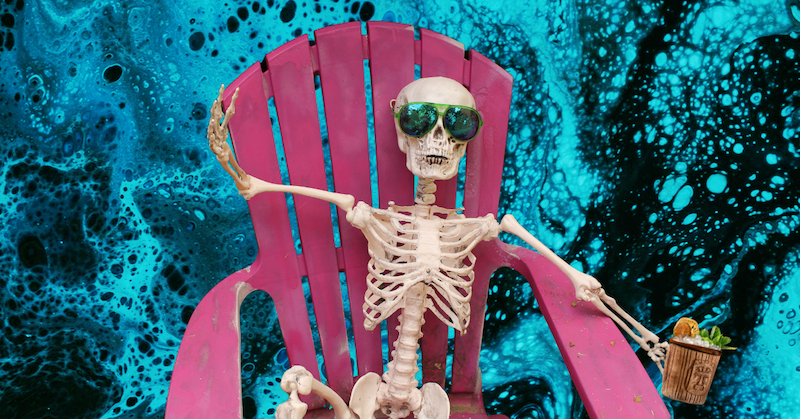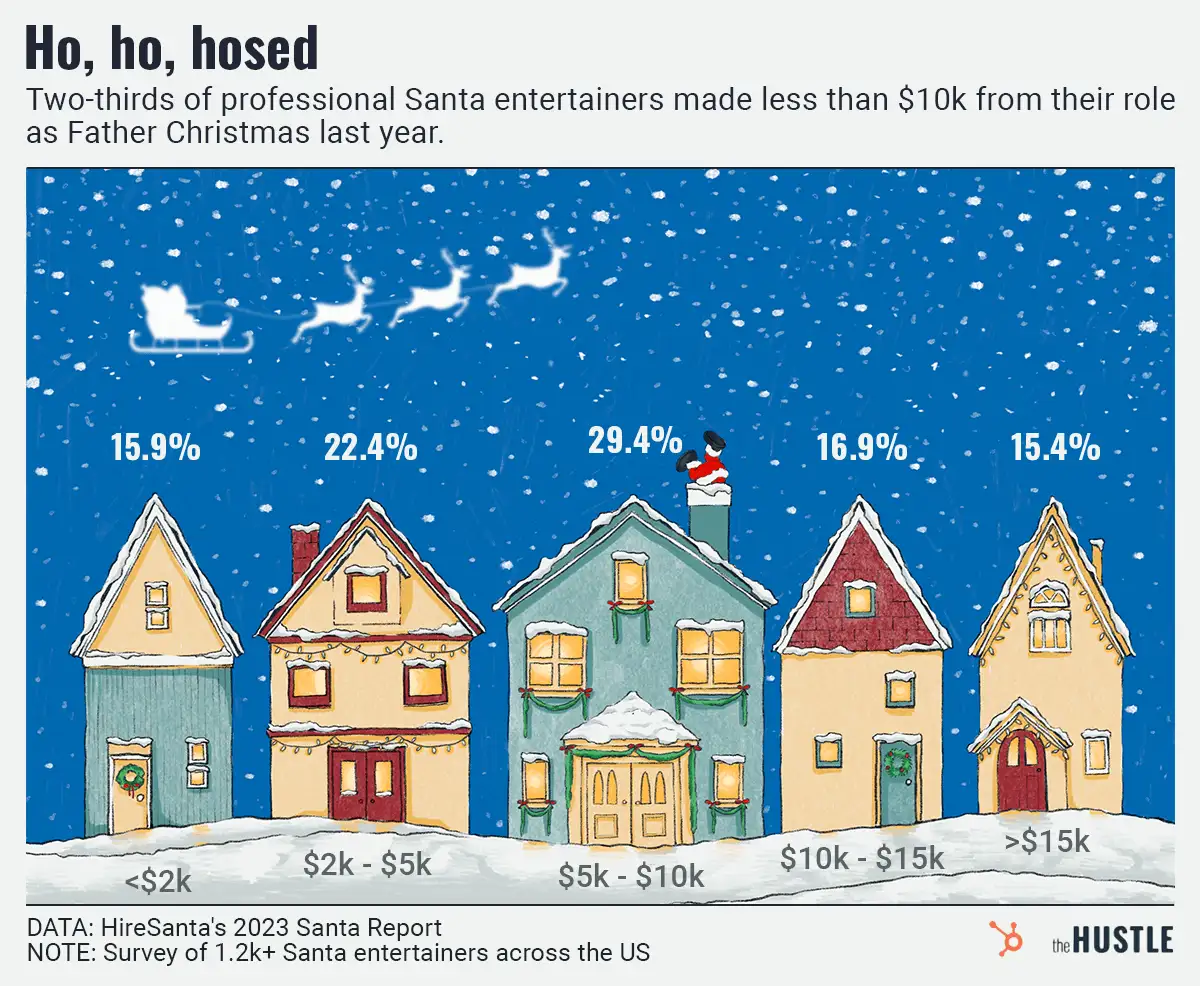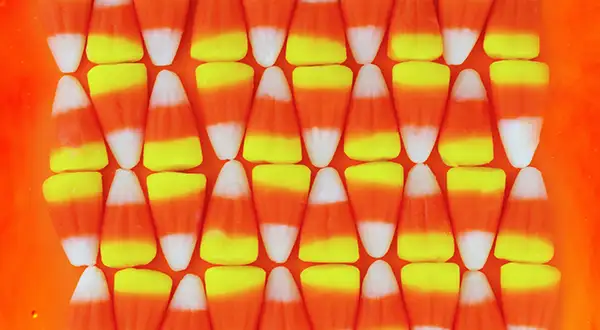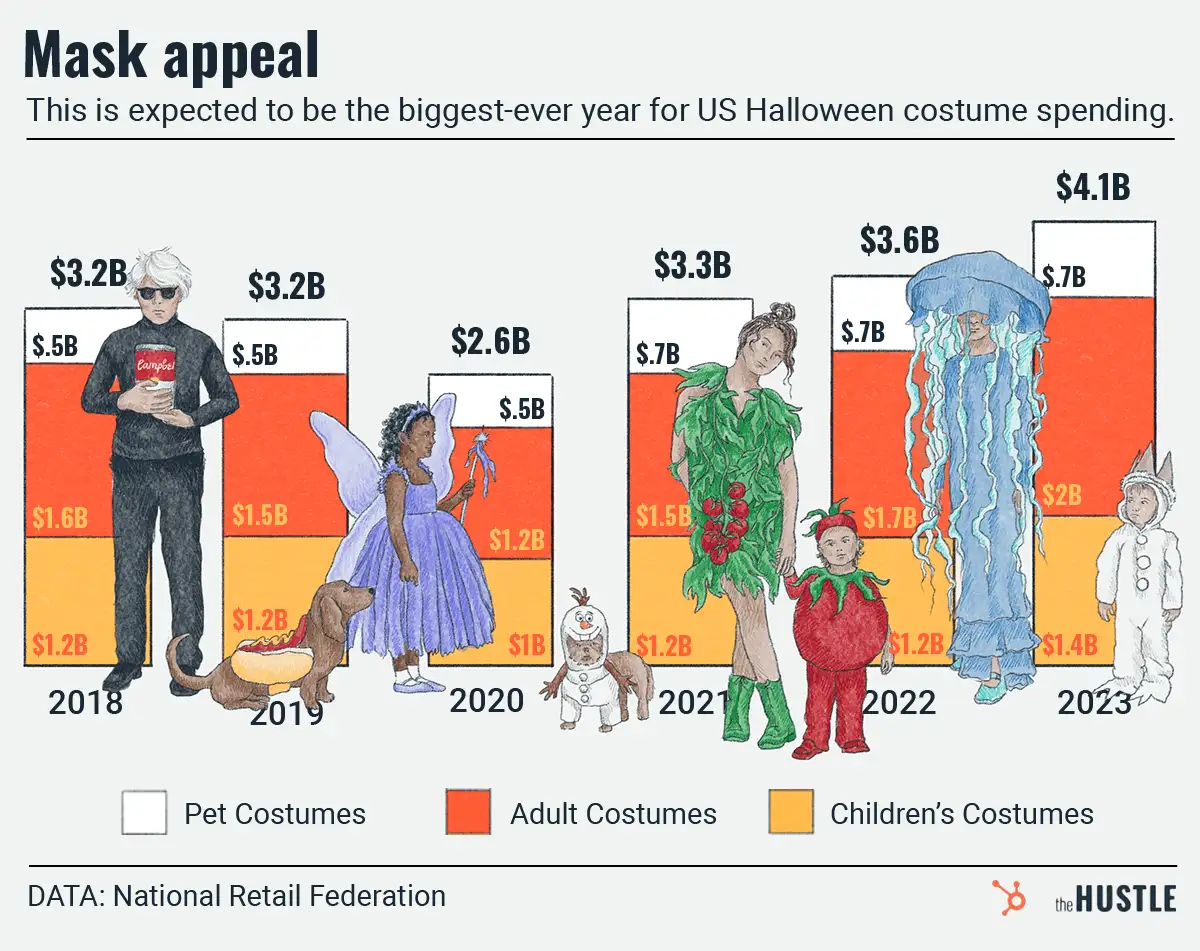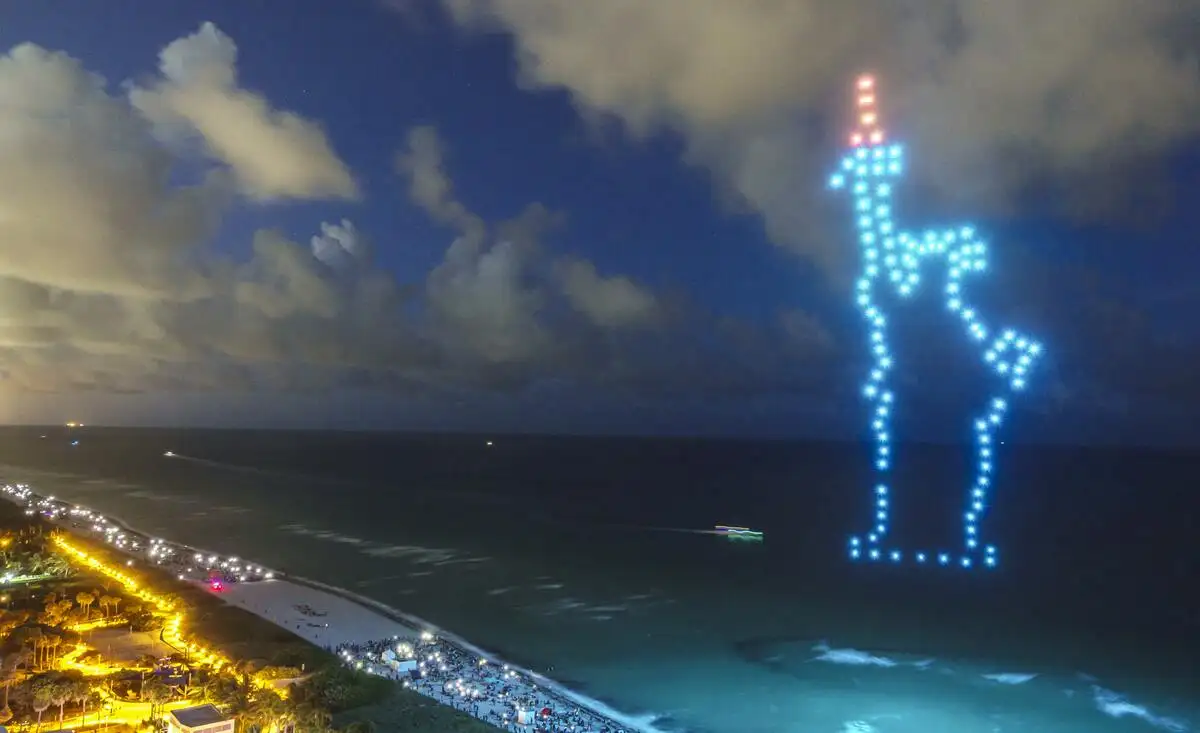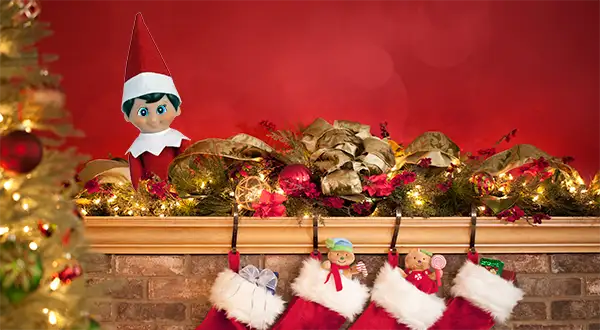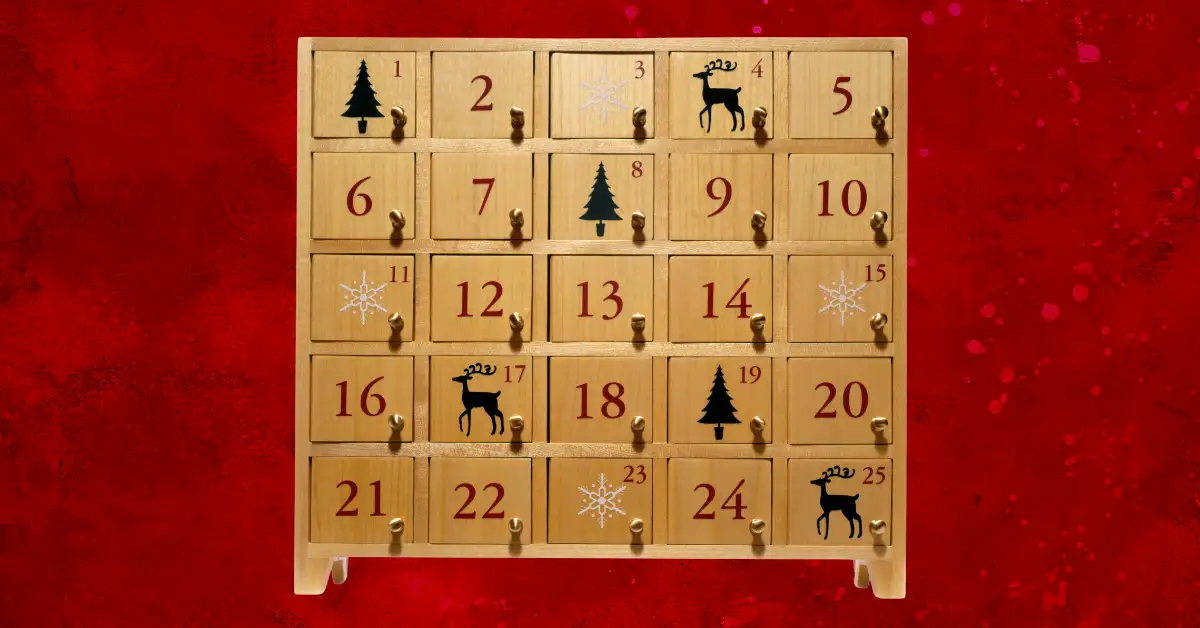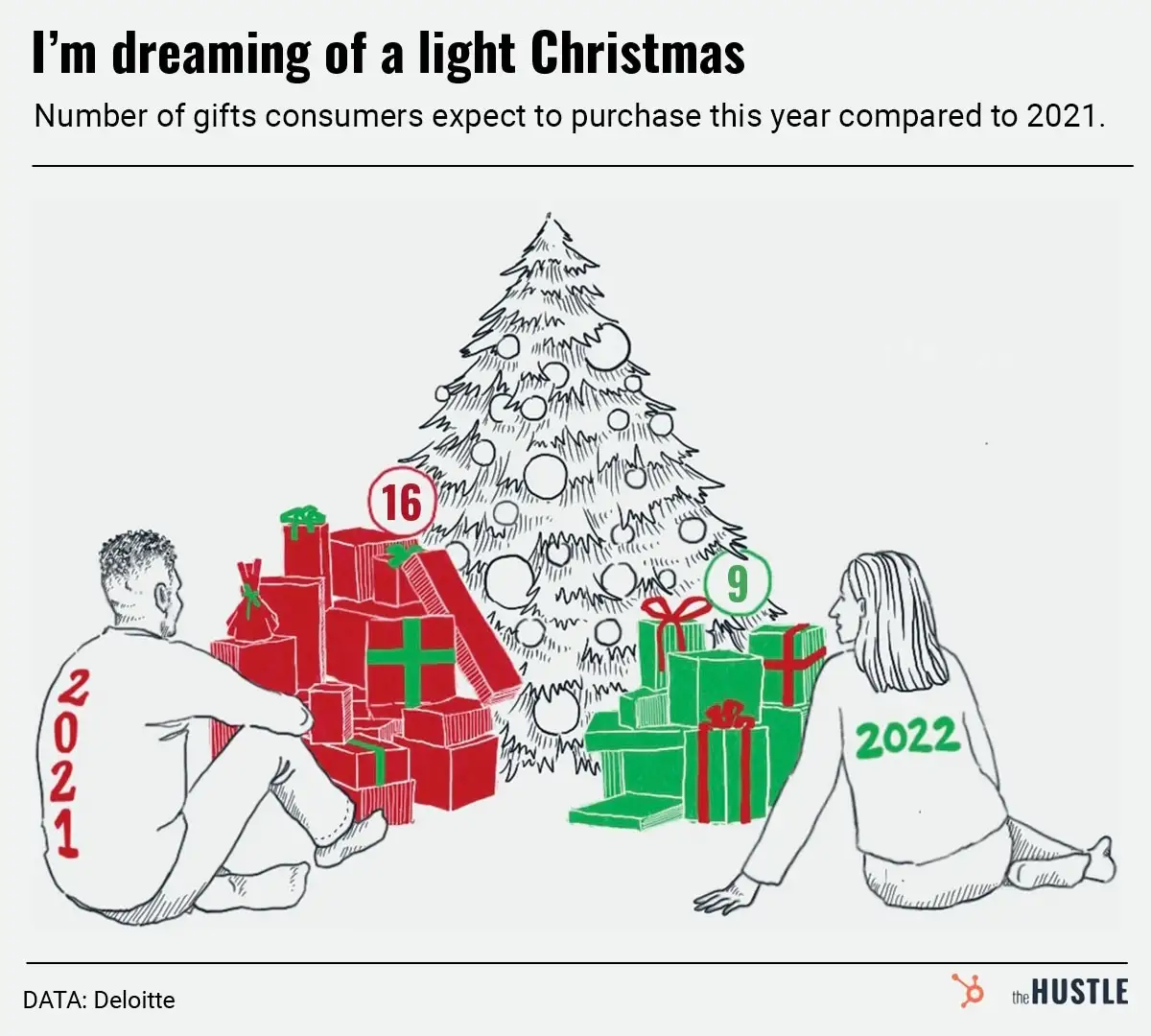Photo by Alexi Rosenfeld/Getty Images

The Halloween Industrial Complex is no joke.
As we covered last week, the National Retail Federation (NRF) estimates that US consumers will drop $10B+ on costumes, candies, and decorations for Halloween 2021.
One of the main recipients of this spend: Spirit Halloween, the chain of seasonal Halloween pop-up stores.
Spirit Halloween was founded by Joe Marver
In 1983, the entrepreneur owned a women’s clothing store in California, per Vox. A neighboring costume store did very well during Halloween — and when that store shut down, Marver pivoted his own business to costumes.
The “Spirit” name was pure coincidence. Marver wasn’t inspired by Halloween ghosts, but by the name of his shuttered store (Spirit Women’s Discount Apparel).
That first year, Spirit Halloween made $100k in 30 days. Over the next 16 years, Marver built Spirit Halloween into 60+ locations that were only open in the months leading up to Halloween (August, September, October).
Mall retailer Spencer’s Gifts…
… acquired Spirit Halloween in 1999 and growth exploded. Today, it runs 1.4k pop-up stores across Canada and the US.
According to Vox, Spirit’s real estate team works year-round trying to secure the best locations. While landlords — primarily mall operators and commercial real estate holders — prefer long-term tenants (5-10yrs), many accept Spirit’s temporary leases if nothing else materializes.
Per Bloomberg, Spirit offers above-market rates and its leases include a kick-out clause (Spirit is out if landlords find a permanent tenant by June). Often, Spirit ends up taking over spaces from bankrupt retailers like Sears or Toys R Us.
Spirit’s sales figures aren’t public
But in 2015 financial firm Moody’s estimated that it did $400m in sales, which was 16% of the $2.5B costume spend in the US that year.
If that market share holds steady for the NRF’s projected costume spend of $3.3B in 2021, Spirit’s revenue would total $528m. Even though it runs a website year-round, 90%+ of sales happen from Labor Day to Halloween.
In 2000, Marver told the Seattle Times: “I didn’t invent temporary sales… but I feel like I invented temporary Halloween.” We can thank Joe for that… and these absurd memes.
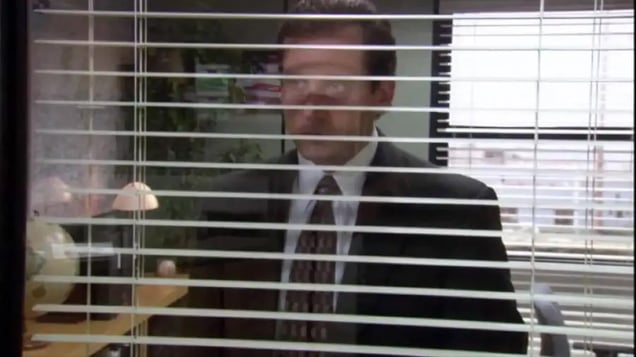
Holiday


